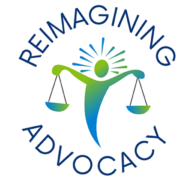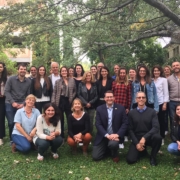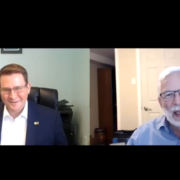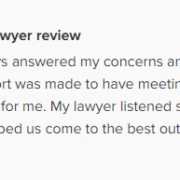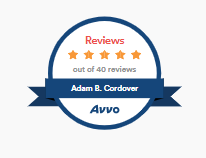Article: Collaborative Lawyer Discusses Holiday Custody Schedule
The Patch of West Hartford, Connecticut, recently ran an article where Susan Busby, a Collaborative Family Law attorney, discusses the difficult topic of custody during the holidays. The article, titled “Collaborative Divorce: A Route to Happier Holidays,” urges families to learn about the Collaborative Process as way to keep children out of disputes between parents. You can read an excerpt of the article below:
The holiday season is often stressful, and for those going through or having just gone through a divorce or separation, the season can induce even more stress, intensify negative emotions, and accentuate how much their lives have changed. But it is entirely possible to have a joyous and peaceful holiday season, even during a big change in family structure.
By choosing a collaborative divorce, separating parents can create the holiday plan together to determine best options for everyone, focus on the well-being of the children, develop new cheerful traditions, and lay the foundations for having a good working relationship post-divorce.
“By coming to an agreement collaboratively, both parents have input into the holiday schedule instead of having a judge telling parents what the holidays will look like,” said Susan Busby, an attorney with the Connecticut Collaborative Divorce Group (CCDG). CCDG is a Hartford-based group of professionals that aims to keep divorcing couples and their children out of court using a method of family conflict resolution called Collaborative Divorce. “In a Collaborative Divorce, the values and traditions of the parents and the children can be honored and not used as leverage between the parents to get something else, which can happen in traditionally litigated divorces. Working out the holiday plan together is better for the children and for parents. Then everyone can relax and enjoy the holidays.”


